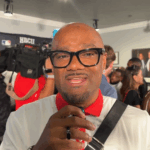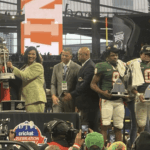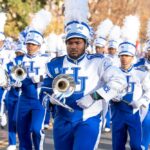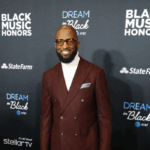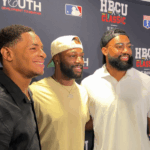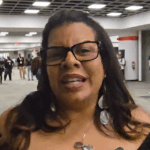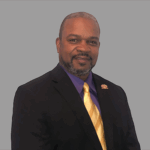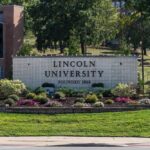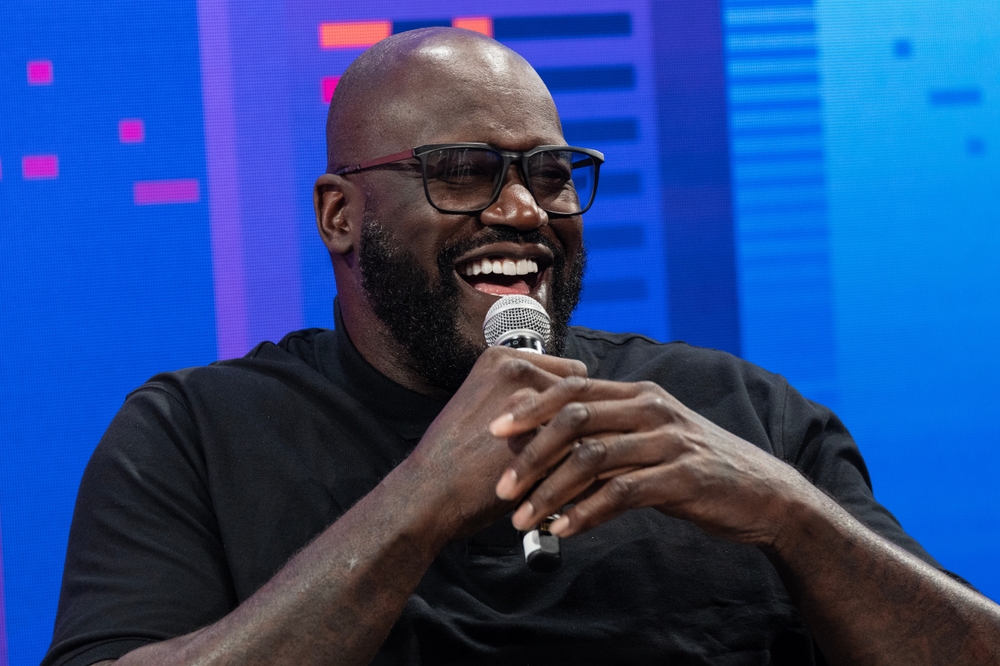
Basketball legend trades TV studio for Alabama State classroom to mentor next generation of business leaders
When Shaquille O’Neal appeared on national television wearing Alabama State University’s distinctive black and gold, it wasn’t just a fashion statement. The NBA Hall of Famer announced his intention to leave his prominent broadcasting role within two years to become an HBCU professor — the latest reinvention in a career full of them.
More than a celebrity endorsement
Shaq’s commitment to HBCUs runs deeper than publicity. His appreciation for historically Black colleges stems from personal experience — he took summer courses at Southern University, which helped him graduate from LSU and gave him firsthand insight into what makes these institutions special.
“Attending HBCU events in Atlanta profoundly affected him, particularly the vibrant cultural expressions through music, community gathering, and tradition,” revealing someone genuinely moved by the experience rather than just making a calculated career move.
He’s occasionally expressed regret about not attending an HBCU himself. Now, his commitment to becoming a professor at Alabama State allows him to fully embrace the educational environment he previously admired from the outside.
Family legacy reinforces the commitment
This isn’t just about Shaq. His son initially enrolled at Texas Southern University in 2021, then transferred to Florida A&M University, where he achieved his first collegiate double-double. The O’Neal family is putting their money where their mouth is — literally choosing HBCUs over traditional powerhouse programs.
This family commitment reflects a broader pattern of prominent basketball figures directing attention toward historically underfunded institutions. Recent years have seen increased enrollment at HBCUs, with applications rising by double digits at schools like Howard, Spelman, and Morehouse since 2020.
The management experiment
Shaq’s currently serving as general manager at Sacramento State — where his son now plays — without compensation. It’s service, not employment, demonstrating values that will likely inform his future role as an HBCU professor.
This approach distinguishes itself through its holistic vision emphasizing development beyond athletic achievement. His management philosophy shows belief in second chances and personal development — exactly the kind of mentorship that translates well to the classroom.
Impact beyond symbolism
The significance of prominent Black athletes supporting HBCUs extends far beyond career transitions. These institutions historically educated Black Americans when other universities maintained discriminatory policies, and they continue providing educational access while preserving cultural heritage.
HBCUs constitute only 3 percent of American colleges but make disproportionate impact on higher education outcomes for Black students, consistently producing significant percentages of Black graduates across numerous fields despite facing persistent funding disparities.
High-profile support helps address these disparities. When public figures like Shaq direct attention toward HBCUs, these institutions often experience increased applications, donations, and corporate partnerships.
Immediate results
Shaq’s decision to wear Alabama State apparel during national broadcasts immediately boosted the university’s visibility. Online searches for Alabama State increased substantially following his announcement, showing how celebrity endorsement translates into measurable institutional benefits.
But this latest evolution suggests more profound purpose than previous career pivots. By committing to classroom leadership, Shaq positions himself to directly shape young minds during their formative years — sustained mentorship that differs significantly from the transactional nature of professional sports relationships.
Perfect timing for HBCU renaissance
The commitment occurs amid growing recognition of HBCUs’ importance within American higher education. Recent years have witnessed increased philanthropic support, including multiple eight-figure donations, creating momentum that Shaq’s involvement helps sustain.
Several HBCUs have reported record application numbers since 2021, reversing previous enrollment challenges. This renaissance reflects changing perceptions about institutional value and educational quality, with Shaq’s transition contributing to this positive trajectory.
The heightened visibility extends into athletics too. Several five-star recruits have selected HBCU programs over traditional basketball powerhouses during recent recruiting cycles — decisions that would have seemed improbable a decade earlier.
Creating sustainable change
As this basketball legend prepares for his role as HBCU professor, his journey shows how influential figures can leverage their platforms for institutional advancement. The combined impact of celebrity advocacy, family legacy, and personal commitment creates powerful mechanisms for sustainable change.
The institutions that once helped Shaq complete his education now benefit from his expanded influence. This reciprocal relationship demonstrates how educational investment creates multiplicative returns across generations, transforming individual success into community advancement.
Shaq’s transition from sports entertainment to education represents more than career change — it embodies a commitment to nurturing future leaders within institutions that have historically served as pillars of Black educational achievement.
From dominant NBA center to dedicated HBCU professor: it’s the kind of reinvention only someone like Shaq could pull off, and exactly the kind of leadership HBCUs need right now.
Sort By
 Register for exclusive access to VIP events and more
Register for exclusive access to VIP events and more
Sign up for periodic updates, special discounts, and more!



